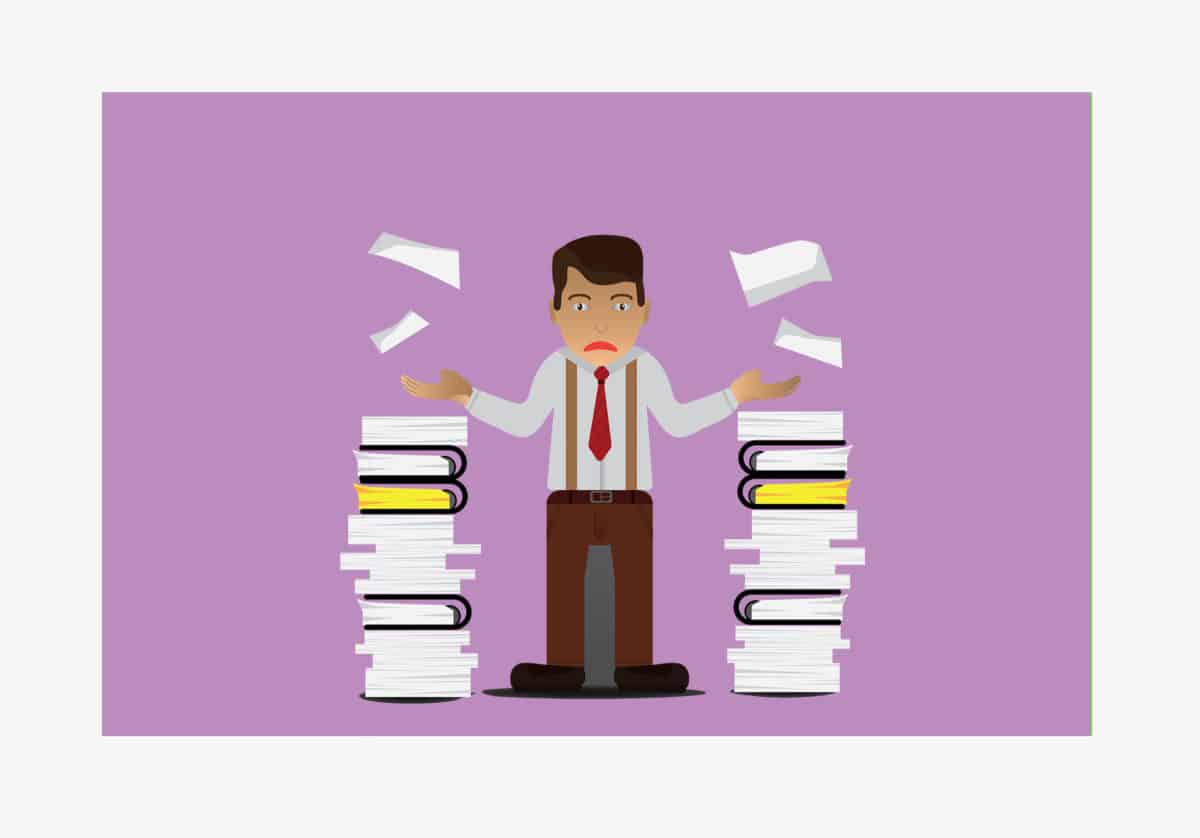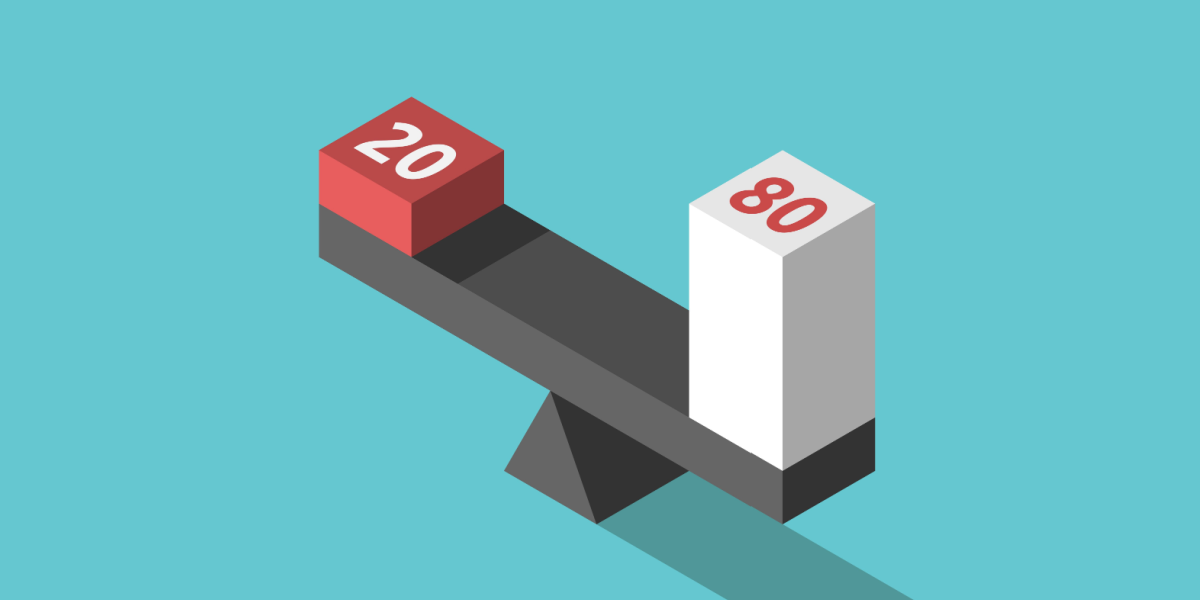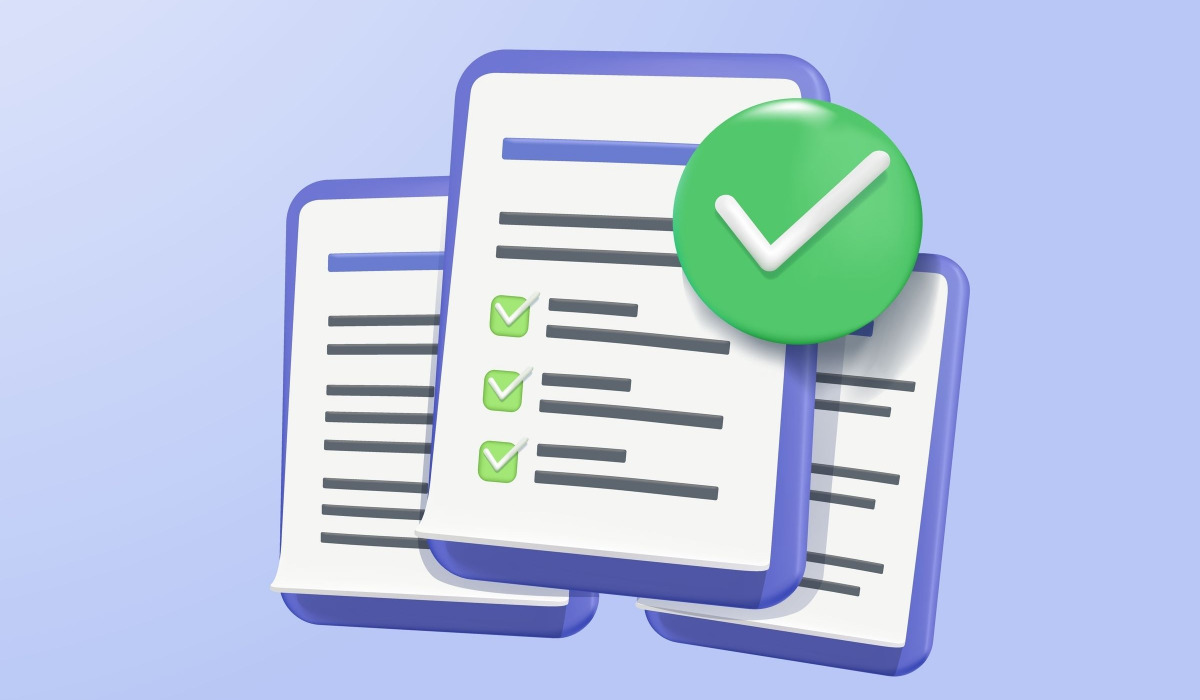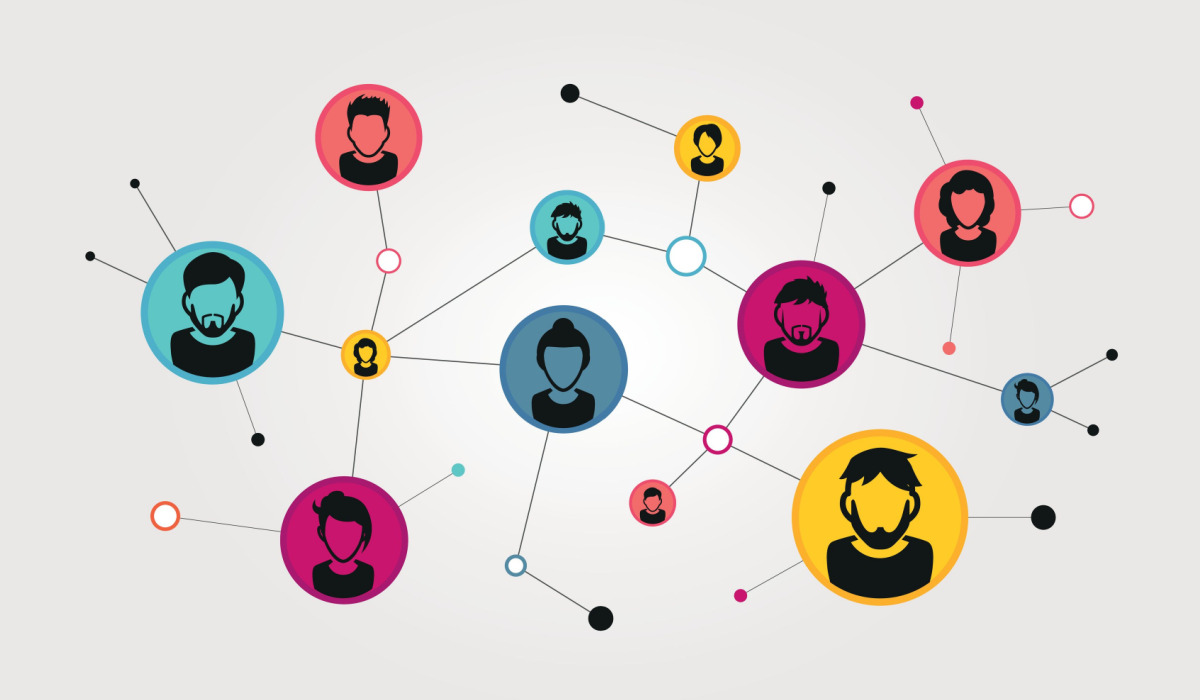To do good work, you need to do more than find good projects. Once you’ve found them, you have to get yourself to work on them, and that can be hard. — Paul Graham
I have a vivid memory from a few years ago—my first year of college. I was sitting on the floor in my sister’s living room, my computer on my lap, my back (literally and figuratively) against the wall. It was late—I was watching the clock tick closer to midnight as I scrambled to finish a paper that was due before the clock struck 12. I think I submitted my final draft with about 10 minutes to spare.
Your procrastination experience might not be this bad, but it’s quite common to chronically avoid work we don’t want to do. Like me, a majority of college students report problems with procrastination, and it’s only increased as the pace of modern life has us scrambling to keep up. According to Piers Steel, a business professor at the University of Calgary, the percentage of people who admitted to procrastinating quadrupled between 1978 and 2002.
Of course, this doesn’t rule out the possibility that procrastination just became more acceptable, and chronic procrastinators started popping up at four times the rate they had previously. But with the level of stress of today’s working life, the increasing pressure to be “always on,” and the persistent pursuit of excellence we’re pushed into by teachers, parents, and managers, it’s no wonder there’s more procrastination going on than ever.
The term “procrastination” comes from a Latin word which means “to put off for tomorrow.” Only, the trouble with procrastination is we never literally put things off for tomorrow, do we? Rather, we put them off until we’re in the mood. Or, we put them off until some other time.
Procrastination is not about rescheduling your tasks. It’s about avoiding those tasks—generally, the ones that make us uncomfortable.
But the irony of procrastination is that, while it makes us feel better in the short term as we avoid that unpleasant work we don’t want to do, in the long term it actually makes us feel worse. It’s a deal with the devil, in other words, and most self-professed procrastinators would like to shake the habit. In fact, procrastination may be the perfect example of something the Greeks called akrasia, which means doing something that’s against your better judgement. Most chronic procrastinators wish they wouldn’t procrastinate, and know it’s bad for them in the long run, but can’t help themselves from doing it anyway.
This may be partly to do with how our preferences change over time. Studies have shown that when we choose a movie for ourselves to watch tomorrow, we’re more likely to choose high-brow documentaries, or “important” films. But when we choose a movie to watch right now, we opt for easy comedies and mainstream blockbusters.
We want to watch those “important” films at some point, but the closer to now the decision is, the more our current feelings get in the way. When we choose a movie to watch right now, our current feelings sway us so much we choose an easy, immediately satisfying option. But planning what we’ll do in the future takes our current feelings out of the equation (to some degree—more so the further in the future the decision is), so we choose the highbrow films.
When we procrastinate, we tend to do something similar. We make a decision about what we’ll do tomorrow, or sometime in the future, that doesn’t take our current feelings into account. We think that despite not wanting to do this work now, we will (somehow) want to do it in the future.
The problem with this approach, of course, is that when the future becomes now, our current feelings likely won’t be much different, so we’ll end up watching the comedy or blockbuster instead of the documentary we’d picked out, or procrastinating further on the work we’d planned to do.
If you’re a procrastinator, you probably know how this thinking goes in relation to work. You imagine yourself better equipped to take on that task another time, maybe after a night of sleep, or a meal, or walking the dog, and next thing you know you’re watching the entire run of a TV show on Netflix.
Overcoming Procrastination
So, how to overcome this habit that so many of us fall prey to over and over?
There are two approaches to this, and which one you take will depend on what you’re procrastinating on. If it’s something truly important and urgent, that you really have to get done, you’ll want to try the techniques I’ll share in this section, to force yourself into getting started.
In the next section of this article I’ll look at how procrastination can actually be beneficial—if you’re procrastinating on something that’s not actually that important.
Bargain With Yourself
One theory of why we procrastinate is that we have several selves within us. Game theorist Thomas Schelling calls this the “divided self.” The problem is, these inner selves compete over what we should do.
Philosopher Don Ross suggests that these different selves are always present, and forever competing, but this is a good thing because it means we can bargain with them. Procrastination, then, according to Ross, is this bargaining process gone wrong.
Let’s say, for instance, you have an inner self that wants to watch TV all the time, and one that wants to get your work done. They’re competing over what you should actually do. The reason bargaining works, is if these inner selves are always around, the “TV you” will always want to watch TV. Which means the “work you” can promise “TV you” that you’ll give in later, so long as you work now. Just like bargaining with a child, you offer what they want after they’ve done what you need them to.
If you end up watching TV instead of working, your bargaining efforts might need work.
Another approach to this idea is what behavioral economist Dan Ariely calls reward substitution. Put simply, this is the process of getting someone to do the right thing for the wrong reason.
Ariely offers the example of fighting climate change. Driving a hybrid car, in this example, might be the right thing, because it’s better for the atmosphere. But not enough people will do the right thing just because it’s the right thing. So they need an incentive—a “wrong” reason. In this case, it could be that driving a hybrid improves their social status among their peers, which is something they care about highly. So they buy a hybrid to impress their peers, not because they care about the atmosphere. But in the end, they’ve done the right thing—it doesn’t really matter why they did it.
Another example Ariely offers comes from his personal experience. When he was undergoing a medical treatment that required regularly taking medication that made him extremely ill, he had to find an incentive to stick to his regime. He desperately hated taking the medication, but he knew it was necessary.
His “wrong reason” became a movie marathon. He was a huge movie buff, and didn’t get much time to watch films normally. So when the day rolled around every week that he had to sit around vomiting for hours after taking his medicine, he stocked up on new movies to watch, and made it a treat he’d look forward to. He kept up his medication—not because he should, but because it meant he could spend hours watching movies every week.
This has been shown to work with exercise, too. When participants in a study were given the option to listen to audiobooks “deemed highly tempting,” such as The Hunger Games trilogy, but only when they were at the gym, their gym attendance increased by 51% more than a control group. This study also found that the busiest participants in the study were those who found the biggest benefit—a good sign for those of us struggling to juggle the responsibilities of running a business.
Reframe the Task
We procrastinate on tasks that we believe will be unpleasant. They might be hard, or boring, or just time-consuming. But if we can change our attitudes toward those tasks, we’ll be less likely to want to procrastinate in the first place.
One study showed this effect by giving participants a task, but allowing them to play Tetris before starting. For those who were told the task was a puzzle, the task didn’t seem as uncomfortable as it did for those who believed the task was a “cognitive evaluation.” The task was exactly the same, but framing it in a particular way changed the participants’ behavior. Those who were given the “puzzle” spent less time playing Tetris, while the other participants preferred to continue playing and avoid their “cognitive evaluation.”
Try reframing your work as something exciting, fun, or interesting. I know this might sound impossible, but it’s often easier than you think. You could set a timer and see how long you can work without getting distracted, then keep trying to beat your best time. Or you could challenge yourself to finish a task in record time, and give yourself a reward if you meet your goal.
One personal example, I recently changed my process of researching new articles to include creating sketchnotes on paper. I find this process really enjoyable, so it makes me look forward to that work which I would often put off in the past.
Time Travel
One of the reasons we fail to realize our current feelings will probably be the same in the future is that we think of our current selves and our future selves as different people. One study actually showed we use different parts of our brains to think about these different selves.
This makes it harder for us to make good decisions now that will affect us in the future. It’s much easier to simply do what we want to now, and let the future us deal with the consequences.
One way to overcome this thought pattern behind procrastinating is to “time travel,” as Timothy Pychyl, an associate professor of psychology at Carleton University, calls it. The practice is simply to imagine, as vividly as possible, yourself in the future. You might imagine the consequences of procrastinating now, or the way you’ll feel in the future if you don’t procrastinate now.
Studies have shown that imagining the future can help us improve our decision-making in the present, so give this a try.
When Procrastination is a Good Thing
So what about those times when you’re putting something off because you don’t want to do it, but you also realize it’s not actually that important? Maybe it’s a favor you promised a colleague months ago, or an email from a distant friend you’ve been meaning to reply to for weeks, or a pressing deadline to return a pair of shoes that don’t fit.
These are the kind of tasks that can be okay to procrastinate on, because we tend to put things like that aside so we can focus on real work.
Y Combinator founder Paul Graham calls this good procrastination. He says it’s silly to try to cure procrastination completely, since anytime you’re working on one thing, you can’t be working on something else. The trick, according to Graham, is to ensure you’re always doing the good kind of procrastinating:
… the question is not how to avoid procrastination, but how to procrastinate well.
The different types of procrastination are determined by what you do instead of the task you’re avoiding, Graham says. Here, you have three options:
- Do nothing
- Do something less important
- Do something more important
Doing number three, as you might have guessed, is the good kind of procrastinating. Graham says good procrastinators avoid small tasks to work on big tasks. Small tasks, he says, refers to “work that has zero chance of being mentioned in your obituary.”
So avoiding returning those shoes or cutting your lawn to work on a big, important project is a better way to spend your time.
The reason prolific creators do “good” procrastinating so much, says Graham, is that “real work needs two things errands don’t: big chunks of time, and the right mood.” Graham says real work is so important that you should protect any big chunks of time you have, when you’re also in the right mood to work on big tasks, by procrastinating on small tasks.
John Perry, professor emeritus at Stanford University uses the term “structured procrastination” for using procrastination to your advantage. He calls this “an amazing strategy I have discovered that converts procrastinators into effective human beings, respected and admired for all that they can accomplish and the good use they make of time.”
Perry says structured procrastination is a way to accept your procrastination habit and use it to your advantage:
All procrastinators put off things they have to do. Structured procrastination is the art of making this bad trait work for you.
Perry’s approach rides on the theory that procrastinators “can be motivated to do difficult, timely and important tasks, as long as these tasks are a way of not doing something more important.” Perry says the trick to using procrastination to your advantage is to always keep tasks on your to do list that seem more important or urgent than what you truly get done.
Self-deception, according to Perry, is something most procrastinators are good at, so why not take advantage of that? By having tasks on your to do list that you can afford to avoid, but—critically—don’t think you can afford to avoid, you’ll be able to do real work in an effort to avoid them.
Perry also espouses the benefit of leaving things until the last minute. This gives you permission, he says, to do okay work, rather than aiming for perfection, and “99% of the time a merely adequate job is all that is needed.”
***
I’ve never heard of a “former procrastinator.” It doesn’t seem to be the kind of thing you can outgrow or overcome permanently.
But with researchers exploring why we procrastinate and how to overcome it in different situations, we can at least rely on such studies to help us get more done, even when we’d really rather not do it.
We’re always looking for new secrets for improving productivity here at Foundr. Got any surefire ways to beat procrastination?





















